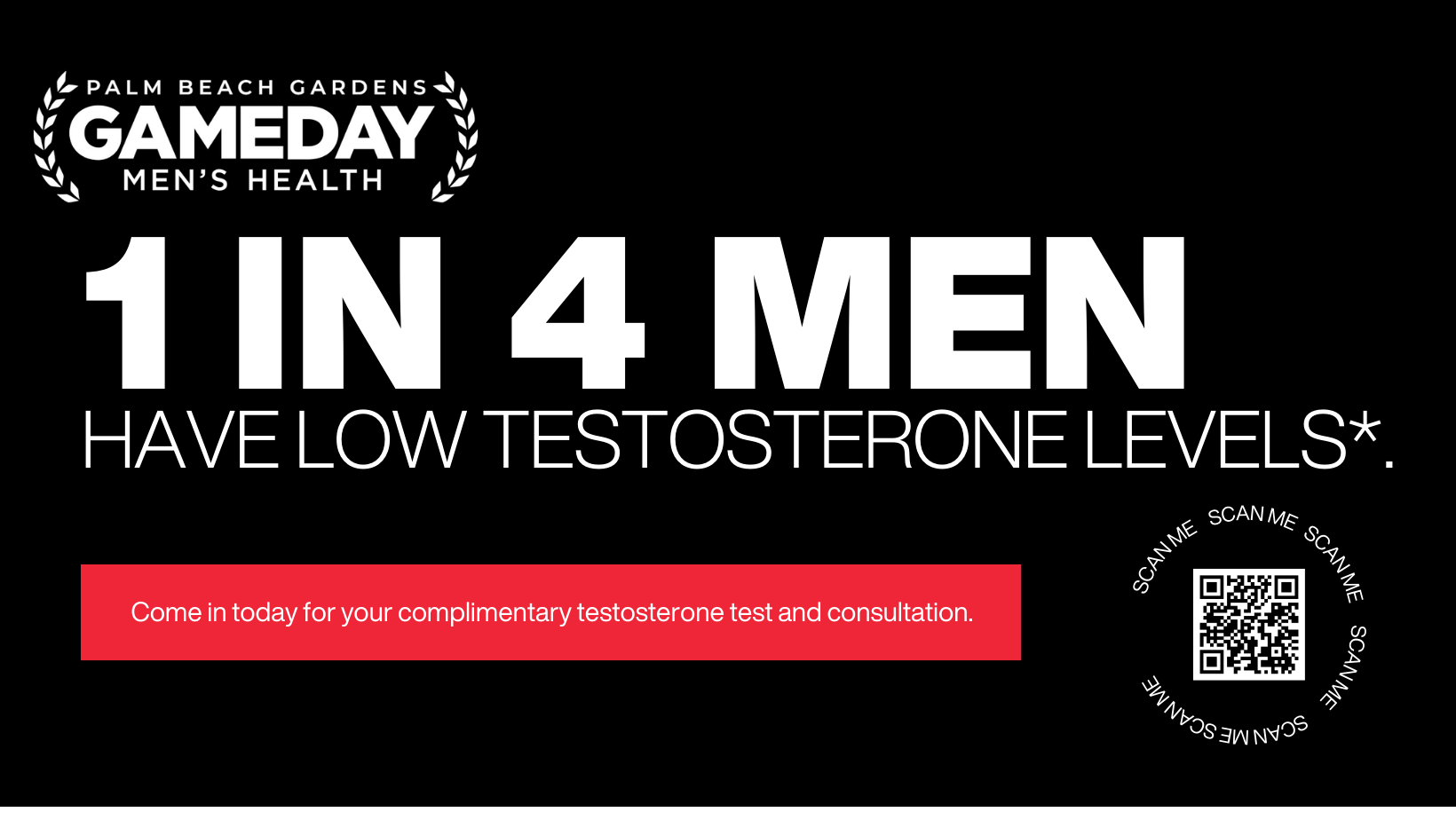This story discusses suicide. If you or someone you know is having thoughts of suicide, please contact the Suicide & Crisis Lifeline at 988 or 1-800-273-TALK (8255).
Chronic lack of sleep can cause a long list of physical and mental issues — and for one young man, his mother believes it led to his death.
Derek McFadden was just 23 when he took his own life on Aug. 17, 2018, in Tucson, Arizona.
His mother, Robin McFadden, who lives in Tuxedo Park, New York, said she believes her son’s insomnia was the "only driver" of his suicide.
SLEEP DISORDERS AND SUICIDE: A MENTAL HEALTH EXPERT REVEALS THE CONCERNING LINK
Derek McFadden was an "extremely funny kid" who loved swimming, snow-skiing and cuddling, his mother said — but for most of his life, he struggled with debilitating insomnia.
At around 8 years old, he started taking small doses of sleeping medication, which helped for several years.
Around the time he turned 18, during his senior year of high school, the medication stopped working, McFadden said.
"He never got a good night's sleep, but he soldiered through his school day and then would come home and lie down on his bed, exhausted, but couldn't fall asleep," she told Fox News Digital in an interview.
SUICIDE WARNING SIGNS ARE MISSED BY MOST AMERICANS, NEW SURVEY FINDS: IT'S 'ALARMING'
McFadden took her son to multiple doctors and they tried different medications — none of which worked, she said.
"Derek would just lie there at night, and he was so tired, but he couldn't fall sleep," she said.
Amid the sleep struggles, her son managed to graduate from high school — but things got even worse when he left for college at the University of Arizona.
He’d chosen Arizona because he was an "avid outdoorsman" who loved fly-fishing, going off-roading in his Jeep and spending time with his dog, which he'd adopted for emotional support.
"Our hope was that with Derek being in Arizona, the sunshine during the day would stimulate his brain to wake up so he could go to sleep at night, but it just didn't work," McFadden said.
The doctor’s visits continued, but none of the experts could figure out what was causing the insomnia.
"Every doctor would assume it was sleep hygiene, and that he was doing something wrong," McFadden said.
AMERICANS NEED MORE SLEEP, LESS STRESS, EXPERTS SAY, AS GALLUP POLL REVEALS TROUBLING FINDINGS
"They assumed that because he was 18, 19 or 20 years old that he was playing video games all night."
She added, "But Derek knew sleep hygiene. He had done so much research on his own. There was something wrong in his brain that was preventing him from sleeping."
The family looked into holistic approaches, including hypnosis, acupuncture and "brain training," but "nothing seemed to work," McFadden said.
Many nights, he would go the entire night without sleeping — sometimes up to three days in a row, she said.
"It was really, really bad," McFadden said.
As the months went by and sleep continued to elude her son, McFadden said it began to take a toll on his immune system.
After consecutive nights without sleeping, he developed bruises all around his eyes.
SUICIDE RATES REACH ALL-TIME HIGH IN US, PER CDC DATA
"Derek was constantly getting sick, and that made him feel like he was not a normal kid," she said. "He just couldn't fight anything off. He was always at Urgent Care."
Her son developed severe acid reflux and stomach pain, to the point where it became difficult for him to eat.
"Sometimes his insomnia got so severe that he couldn't keep any food or fluids down at all," McFadden said.
Multiple times, he ended up in the emergency room with dehydration and severe cramping, she said.
The lack of sleep also changed her son’s demeanor and personality, McFadden said.
"Derek had tremendous mood swings — he became anxiety-ridden and depressed," she recalled.
"He would have hallucinations, and was constantly losing things. He couldn't think clearly."
On the rare occasion that her son had a good night’s sleep, McFadden said, he was "a completely different person, as happy as could be."
IMPROVE YOUR SLEEP BY OPTIMIZING 6 BIOMARKERS: ‘INTEGRAL TO HEALTH’
"It broke my heart, because he was such a happy, funny, huge-hearted person, and it was really sad to watch his decline."
Unable to keep up with his studies, her son had to drop out of college.
"He couldn't even hold a job because he couldn't sleep at night," McFadden said.
In July 2018, when her son came home from Tucson for the summer, McFadden knew something had shifted.
"We were sitting on the sofa and he said to me, ‘Mom, I'm gonna die young,’" she recalled.
"And I said, ‘Derek, why do you say that?’ And he said, ‘Because my mind and body can't take the sleep deprivation.’"
Her son had also expressed that he didn’t want to have children because he didn't want to pass on the disorder, McFadden said.
"He saw there was no cure, no future, and he just didn't see a point in going on," she said. "Physically, he was starting to fall apart, and mentally, his cognitive ability was going."
Four weeks later, McFadden got an early-morning call from the Tucson Police Department notifying her that her son had taken his life.
After the tragedy, McFadden realized that her son had likely been planning his suicide in recent weeks.
FOR QUALITY SLEEP, TIMING IS EVERYTHING, EXPERTS SAY: HERE’S THE SECRET OF SUCCESSFUL SLUMBER
"He had contacted some old friends, and in his text messages and phone calls, he sounded very serene, relieved and calm," she recalled. "I truly believe Derek had made the decision. He just saw no future for himself."
Studies have suggested a likely connection between sleep and suicide.
Research published in the journal Current Psychiatry Reports found that treating insomnia and nightmares, or addressing the source of those issues, could help prevent "the rising threat of suicide."
Dr. Brett Osborn, a Florida neurologist and longevity expert with the firm Senolytix, said there is a "significant body of research" suggesting a link between sleep deprivation and an increased risk of suicide.
"Sleep is crucial for emotional and psychological balance," he told Fox News Digital in an interview.
"Lack of sleep can lead to mood disturbances, irritability and decreased stress tolerance, all of which can worsen feelings of despair or depression — potentially leading to suicidal thoughts."
Sleep deprivation can also affect cognitive functions, the doctor continued.
"This impairment can make it harder for individuals to see alternative solutions to problems or seek help, potentially increasing the risk of suicidal behavior," he said.
LACK OF SLEEP COULD BE A FACTOR IN A ‘SILENT EPIDEMIC,' EXPERTS WARN
Sleep problems are also commonly associated with psychiatric disorders, such as depression and anxiety, which are themselves significant risk factors for suicide, according to Osborn.
"Insomnia and disrupted sleep patterns are particularly prevalent in these conditions," he warned. "This can be a source of diagnostic confusion and resultant treatment errors."
Sleep also affects various biological processes, Osborn noted — "including the regulation of neurotransmitters like serotonin (which is involved in mood regulation) and stress hormones like cortisol."
"Chronic sleep deprivation may lead to dysregulation in these systems, which could contribute to depressive symptoms and suicidal ideation."
While the majority of insomnia patients respond to lifestyle changes and/or medications, Osborn noted, there is a subset of patients who are "more difficult to manage."
"Often, there are underlying medical problems, like reflux, that fly under the radar and predispose the individual to insomnia," he told Fox News Digital.
"Another issue is the potentially reciprocal relationship between depression and anxiety," Osborn said.
"Sleep pathology is extremely complex and challenging, because sleep itself is poorly understood," he continued. "A multimodal, interdisciplinary approach — involving a psychiatrist and a sleep specialist — is always best."
SURPRISING SLEEP TRENDS REVEALED IN NEW SURVEY, INCLUDING THE RISE OF ‘SCANDINAVIAN SLEEPING'
Dr. Marc Siegel, clinical professor of medicine at NYU Langone Medical Center and a Fox News medical contributor, agreed that there is a proven link between insomnia, stress, anxiety and depression.
"Since suicide is a manifestation of severe depression, I think there is a link there, too, though insomnia wouldn't be the entire cause," he told Fox News Digital.
Siegel refers to it as a "cycle of worry."
"Anxiety interferes with sleep, which then makes you more anxious and more sleepless, especially if you add caffeine to combat the grogginess," he said.
During sleep, the brain relaxes and "cleanses" itself, Siegel said.
CLICK HERE TO SIGN UP FOR OUR HEALTH NEWSLETTER
"Waking up refreshed can improve mood, especially when accompanied by exercise," he noted.
For those with severe insomnia, Siegel recommends undergoing a full sleep study/evaluation — typically with an EEG or video monitoring — to help determine the causes.
"Severe, resistant cases require evaluations by sleep specialists, neurologists and psychiatrists," he added.
The most "disheartening" part of her son’s tragedy, according to McFadden, was a lack of support from the health community, in her view.
"Other than sleep apnea and bad sleep hygiene, the medical community does not seem to believe that severe insomnia really exists," she told Fox News Digital.
"And that just infuriates me."
Today, McFadden’s goal is to raise awareness of chronic insomnia — "because there are so many people in this world who are suffering from this."


.png)



